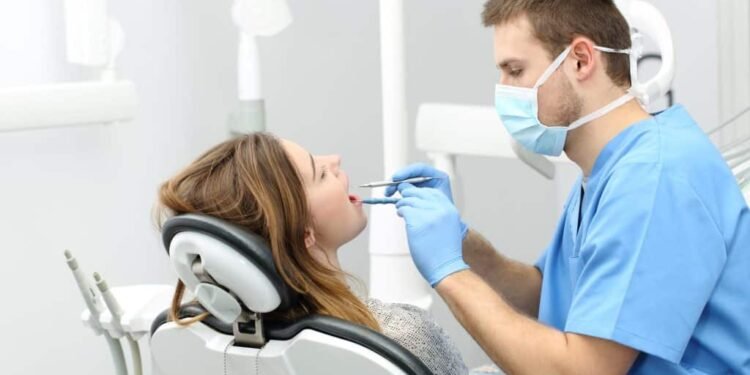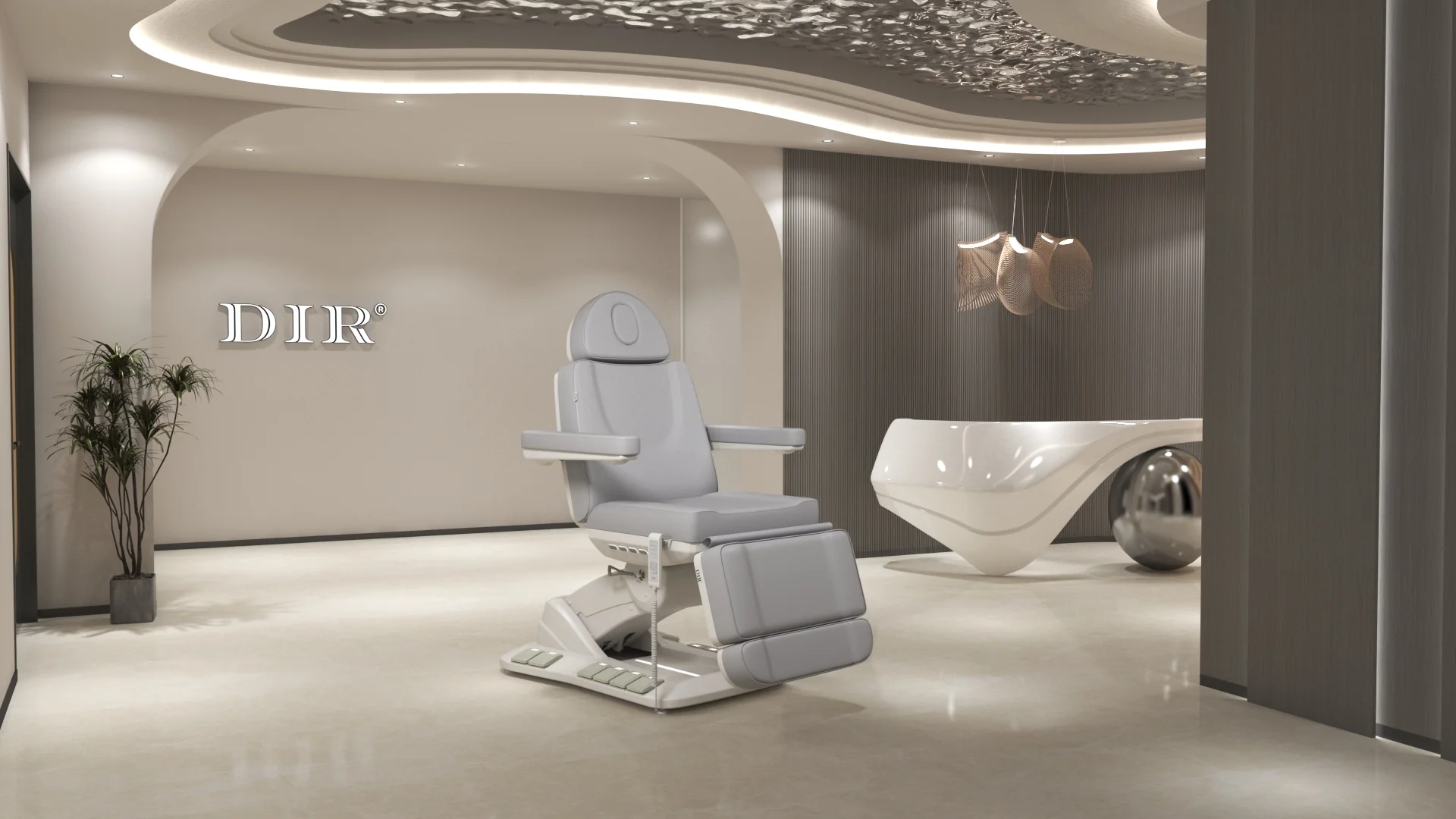Dental emergencies can happen unexpectedly, causing discomfort and anxiety. In Aberdeen, the NHS offers emergency dental services to provide quick and effective care when you need it most. This article will guide you through what to expect from an NHS emergency dentist in Aberdeen, how to access these services, and why it’s important to seek immediate treatment in a dental emergency.
What is a Dental Emergency?
Understanding what constitutes a dental emergency is the first step in knowing when to seek urgent care. A dental emergency typically involves any situation where immediate treatment is necessary to relieve severe pain, save a tooth, or prevent further complications.
Common Dental Emergencies
Some common dental emergencies include:
- Severe Toothache: A sudden, intense toothache can be a sign of an underlying issue such as an infection or tooth decay.
- Knocked-Out Tooth: Quick action can sometimes save a knocked-out tooth if you get to the dentist promptly.
- Chipped or Broken Tooth: A chipped or broken tooth can cause pain and may require immediate repair to prevent further damage.
- Abscess: An abscess is a serious infection that appears as a swollen, pus-filled area in the mouth. It can be dangerous if left untreated.
- Lost Filling or Crown: A lost filling or crown leaves your tooth vulnerable and may require emergency attention to prevent further damage.
When to Seek Emergency Dental Care
If you experience any of these issues, it’s important to seek emergency dental care as soon as possible. Ignoring a dental emergency can lead to more severe problems and prolonged discomfort. When in doubt, it’s better to contact an NHS emergency dentist in Aberdeen for advice or an appointment.
How to Access an NHS Emergency Dentist in Aberdeen
Knowing how to access emergency dental care is crucial in a stressful situation. Here are the steps you can take to find an NHS emergency dentist in Aberdeen.
Contact Your Regular Dentist
If you have a regular dentist, they should be your first point of contact in a dental emergency. Many dental practices offer emergency appointments or can provide advice on what to do next. If your dentist is unavailable, they may refer you to an emergency dental service.
NHS 24 Helpline
The NHS 24 Helpline is a valuable resource for those needing emergency dental care outside of regular hours. You can call the helpline to speak with a trained advisor who can assess your situation and direct you to the nearest available emergency dentist. This service is available 24/7 and can provide peace of mind when you need it most.
Emergency Dental Clinics
In Aberdeen, there are NHS emergency dental clinics specifically designed to handle urgent dental issues. These clinics are equipped to provide quick and effective treatment for a variety of dental emergencies. It’s important to note that these clinics may require you to book an appointment in advance, so contacting them as soon as a problem arises is advisable.
Online NHS Services
The NHS website offers online resources to help you find emergency dental care in your area. You can use the site to search for emergency dental services in Aberdeen and get contact details for clinics that can assist you.
What to Expect During an Emergency Dental Visit
Understanding what happens during an emergency dental visit can help reduce anxiety and prepare you for the experience.
Initial Assessment
When you arrive at the emergency dental clinic, the dentist will perform an initial assessment of your condition. This may involve asking you about your symptoms, medical history, and how the problem occurred. The dentist will then examine your mouth to determine the cause of the issue and the best course of action.
Pain Relief
If you’re in pain, the dentist will prioritise relieving your discomfort. This may involve administering a local anesthetic or providing pain relief medication. The goal is to make you as comfortable as possible before proceeding with any necessary treatment.
Treatment Options
Once the dentist has assessed your condition, they will discuss the treatment options with you. This could range from filling a cavity, repairing a broken tooth, performing an emergency root canal, or, in severe cases, extracting a tooth. The dentist will explain the procedure and answer any questions you may have.
Aftercare and Follow-Up
After the treatment, the dentist will provide you with aftercare instructions to ensure proper healing. This may include advice on pain management, dietary restrictions, and how to care for the treated area. They may also schedule a follow-up appointment to monitor your recovery and provide any additional care you might need.
Preventing Dental Emergencies
While accidents can’t always be avoided, there are steps you can take to reduce the risk of dental emergencies.
Maintain Good Oral Hygiene
Good oral hygiene is the foundation of dental health. Brushing and flossing regularly, along with routine dental check-ups, can help prevent many common dental problems, such as cavities and gum disease, that could lead to emergencies.
Wear a Mouthguard
If you participate in sports, especially contact sports, wearing a mouthguard can protect your teeth from injury. Custom-fitted mouthguards offer the best protection and can prevent broken or knocked-out teeth during activities.
Be Mindful of What You Eat
Chewing on hard foods, such as ice or hard sweets, can crack or break your teeth. Avoiding these types of foods can help prevent unnecessary dental emergencies.
Conclusion
Dental emergencies can be painful and stressful, but knowing how to access NHS emergency dental services in Aberdeen can make a significant difference in how you handle the situation. Whether it’s a severe toothache, a broken tooth, or a lost filling, prompt action is essential to protecting your dental health.
For expert care during dental emergencies, trust Holburn Dental Clinic in Aberdeen. Our team is ready to provide immediate assistance and ensure your dental health is protected. Contact Holburn Dental Clinic today for emergency dental services you can rely on.




